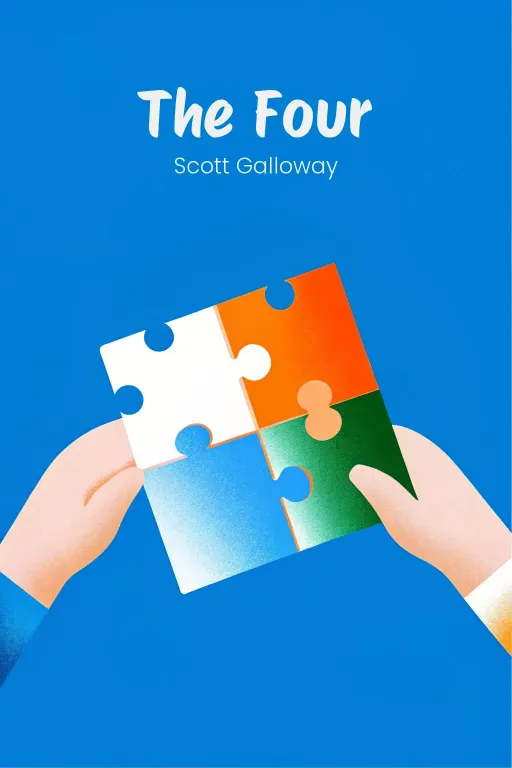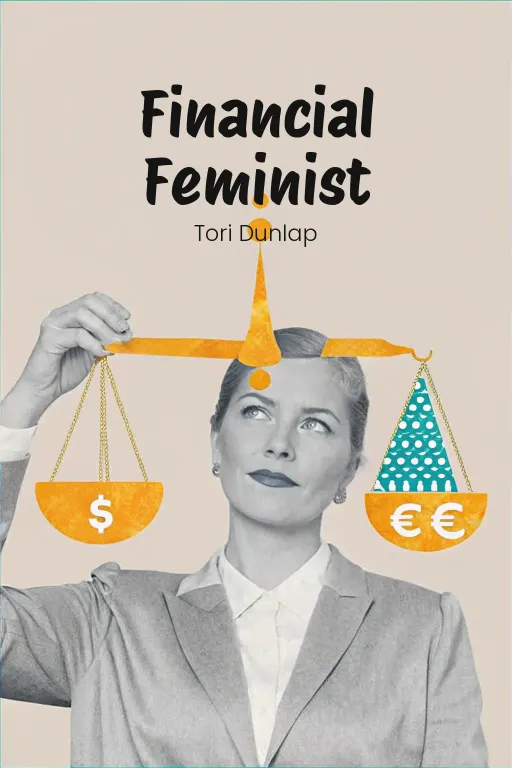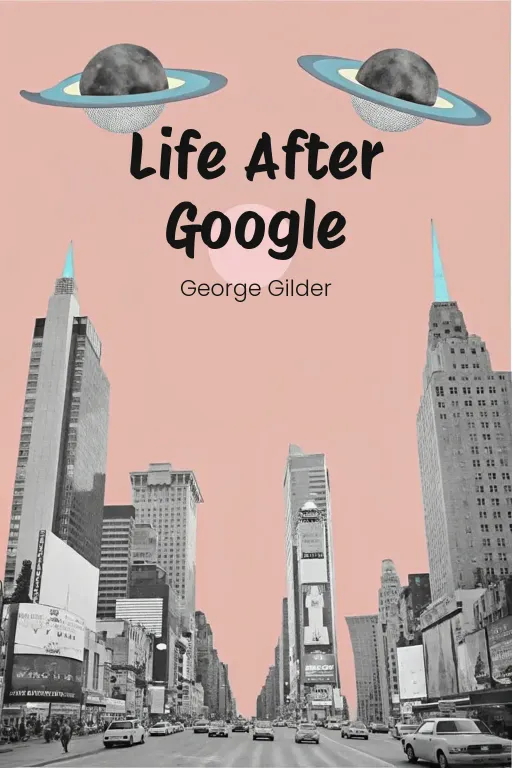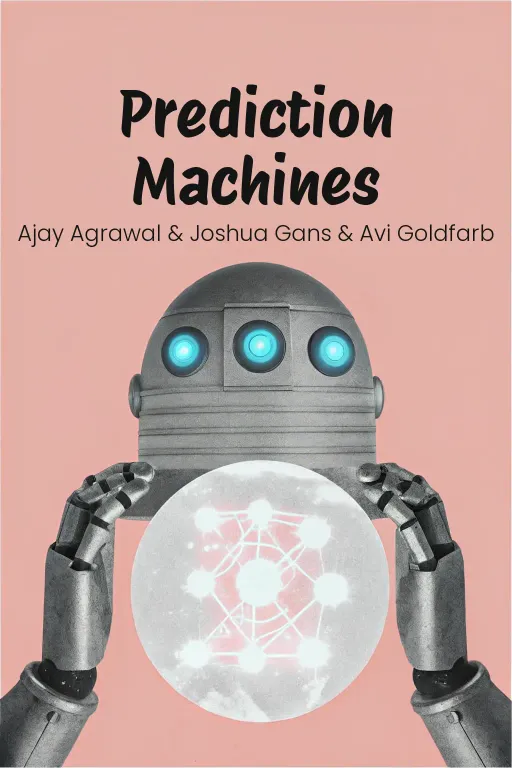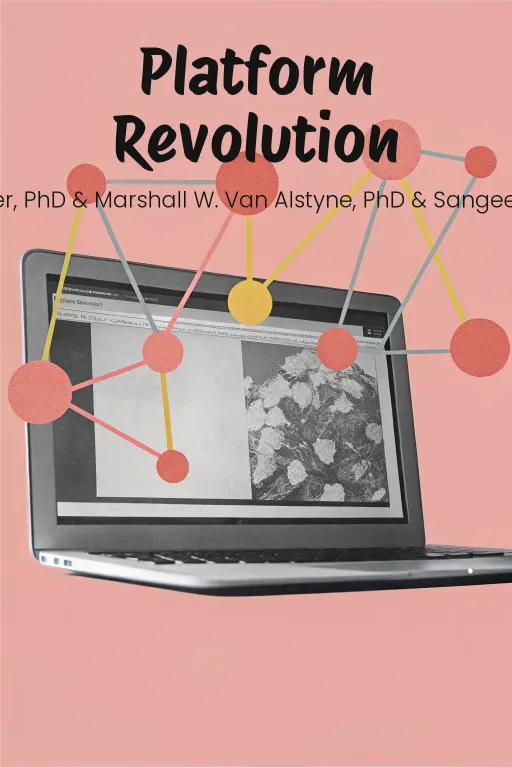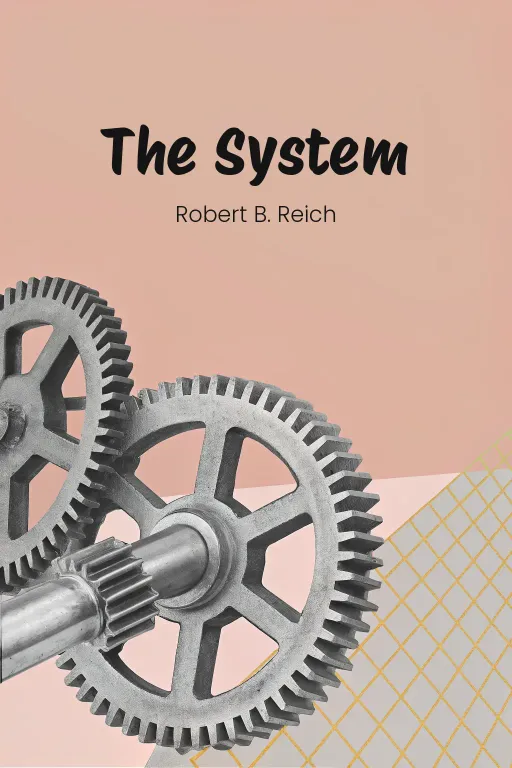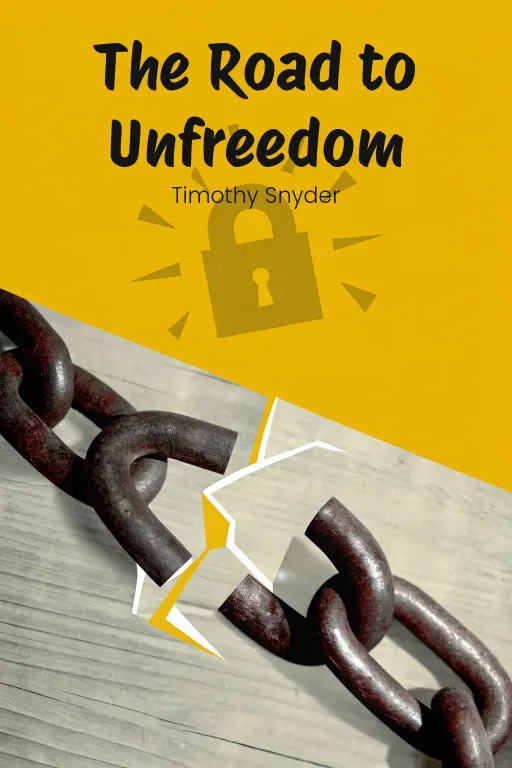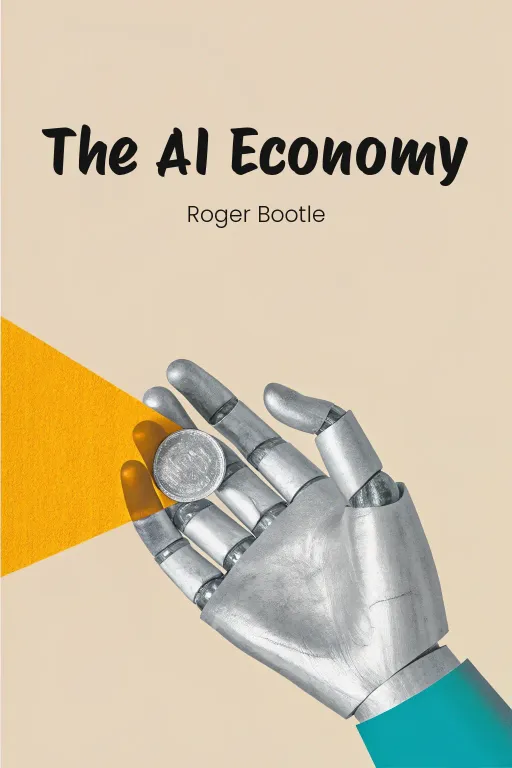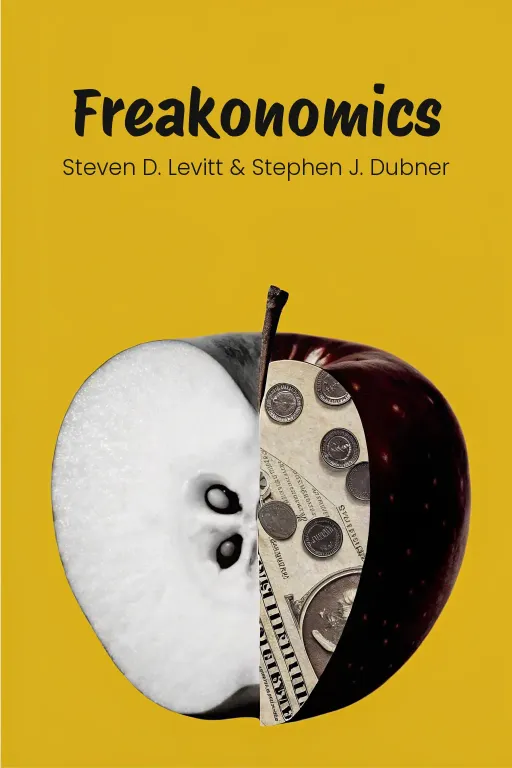
Freakonomics
Economics
Steven D. Levitt
In "Freakonomics: A Rogue Economist Explores the Hidden Side of Everything," authors Steven D. Levitt and Stephen J. Dubner endeavor to unmask the concealed forces that govern human behavior through the incisive lens of economics. This groundbreaking work employs data-driven inquiries to excavate unexpected correlations within societal constructs, ultimately revealing the complex interplay between incentives, morality, and decision-making across various realms such as education, crime, and parenting.
Central to the thesis of "Freakonomics" is the assertion that while societal morality dictates how we wish the world to operate, the realm of economics elucidates how it genuinely functions. The authors juxtapose instances where conventional wisdom falters, exemplifying their premise with thought-provoking questions such as the surprising similarities between schoolteachers and sumo wrestlers, and the disconcerting reality that many drug dealers reside with their mothers. Throughout their exploration, Levitt and Dubner challenge readers to reconsider entrenched beliefs and examine the intricate web of motivations that underpin societal behavior at both individual and collective levels.
The authors dissect the implications of high-stakes testing in the Chicago Public Schools, where the introduction of stringent accountability measures created an environment ripe for ethical dilemmas. The pressure exerted on teachers to deliver improved test scores, linked directly to job security and monetary incentives, fostered an atmosphere where cheating became common. By employing algorithmic analyses to scrutinize millions of test answers, Levitt and Dubner revealed statistical anomalies indicative of manipulation, shining a light on the moral quandaries that pervade educational institutions. This case serves as a poignant reminder of how well-intentioned policies can lead to unintended consequences that subvert the foundational principles of integrity and learning.
In a similarly illuminating vein, the authors draw an analogy between sumo wrestling and the educational landscape. They illustrate how the insatiable quest for victory—whether on the mat or in the classroom—can corrupt ethical standards, ultimately presenting a cautionary tale of how misaligned incentives can lead to widespread misconduct. Such parallels encapsulate the authors' broader commentary about the universal tendency of individuals to navigate complex systems in ways that prioritize self-preservation over communal integrity.
Levitt and Dubner's insightful examination extends to the intricate relationship between crime rates and socio-economic factors, notably presenting the abortion-crime hypothesis. They postulate that the legalization of abortion led to a significant demographic shift, as unwanted births declined and, twenty years later, witnessed a concurrent decrease in crime rates. This unsettling yet compelling correlation distills the notion that individual choices, particularly regarding reproductive rights, can reverberate across societal landscapes, impacting systemic crime levels.
Furthermore, the authors artfully illuminate the notion of information asymmetry through the lens of Stetson Kennedy's infiltration of the Ku Klux Klan, exposing the debilitating power of secrecy and fear. By democratizing knowledge—transforming clandestine operations into matters of public scrutiny—Kennedy demonstrated the potential for information to dismantle oppressive narratives. This theme reverberates through their discussion of real estate agents, where the manipulation of information often serves agents' financial interests at the expense of their clients.
At the heart of "Freakonomics" is the challenge to conventional thought, urging an exploration of how economic principles govern aspects of everyday life that may initially seem unrelated. Levitt and Dubner's work serves as a clarion call for an intellectual lens that values data and evidence over mere anecdote. In navigating today's complexities, their compelling synthesis of narrative and analysis underscores the necessity of questioning established beliefs to unearth the hidden truths that shape our existence, prompting a reevaluation of how we understand ethics, accountability, and human behavior in a richly interconnected world.


